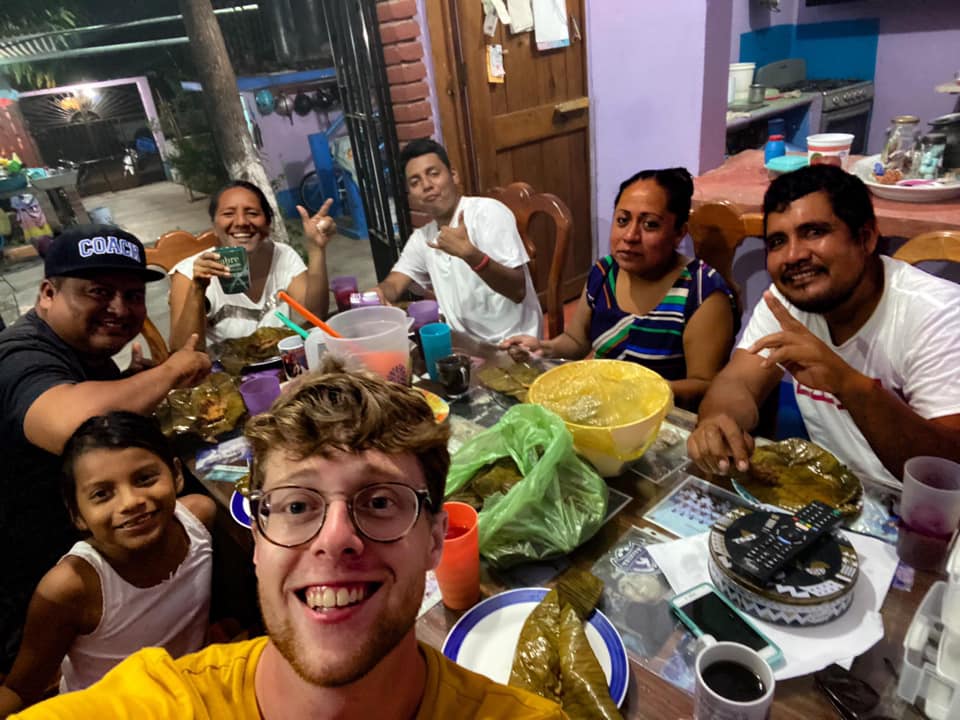A question I like to present each class with at the beginning of the year is, “What is science?” I then have students copy our class definition which says that science “is a way for us to observe, study, and understand our world, the living things on Earth, space, and the matter and energy that make up our incredible universe.” While our class definition for science includes some helpful terms, I explain that it doesn’t really explain the whole picture.
Science, simply put, is one way to truth. It is an investigative and methodological way to. We discuss in class that there are other ways to truth as well. Using an example by UC Davis Chemistry professor, Bryan Enderle, I explain that there are at least two ways to explain liquid water turning into gas when heated up. One involves the mechanism of molecular thermal energy. Liquid molecules, when heated up, continue gaining energy until they stop increasing in temperature and the properties change. It is also true to say that the water boils because I want coffee and am boiling the water for that purpose.
Science helps us understand the mechanisms of nature (the how). But science cannot answer questions about purpose or “why” something happens. The way to truth that does not compete with science is the Holy Bible.
As Christians, we take scripture as more than just another way to truth. It is God’s infallible word. Professor Adrian, the other science teacher at Manantial reminded us in devotionals this week that science is a fallible discipline. It is subject to change and constantly includes errors. In the scientific method, we even negate the concept of something as proven true. We either prove our hypothesis wrong or we fail to prove our hypotheses wrong. Scripture, on the other hand, is not subject to change or error. As Christians who love to study science, Adrian and I both affirm that God created the world, designed our complex genetic code, expanded the universe beyond comprehension, and ordered all matter and energy. God also gave us the scripture narrative that is the gospel. Science invokes wonder and curiosity in students, but the scriptures tell them the true story of God’s work in humanity and the name of the author of both creation and the gospel: God our creator and savior.
Psalm 19 Reclaims the idea that the creation points to our creator God:
The heavens declare the glory of God;
the skies proclaim the work of his hands.
Day after day they pour forth speech;
night after night they reveal knowledge.
They have no speech, they use no words;
no sound is heard from them.
Yet their voice goes out into all the earth,
their words to the ends of the world.
– Tanner Whetzel, GEM Missionary


